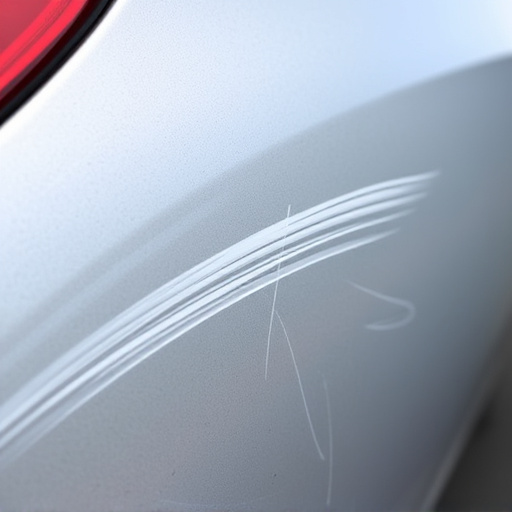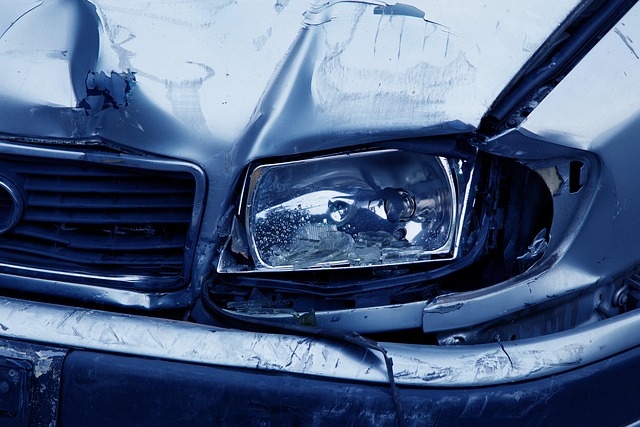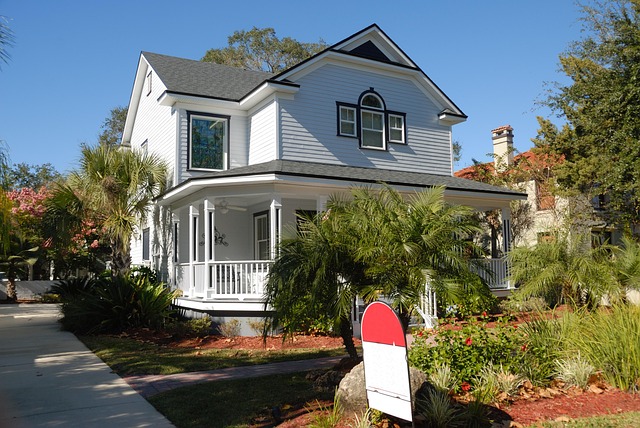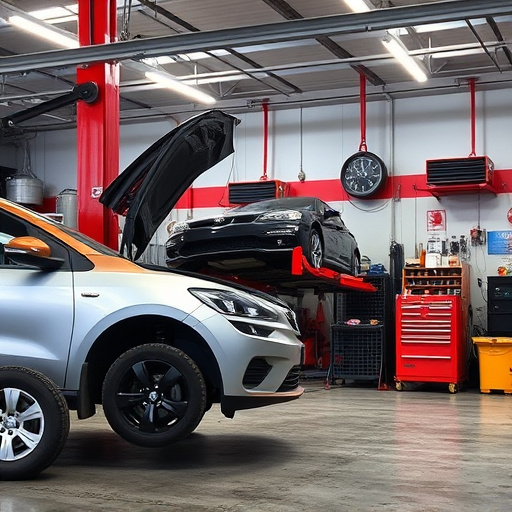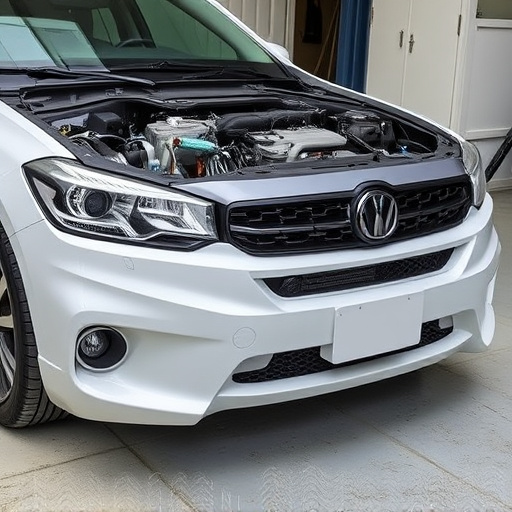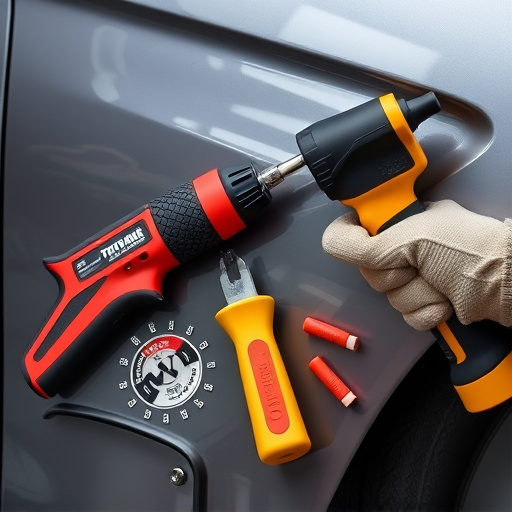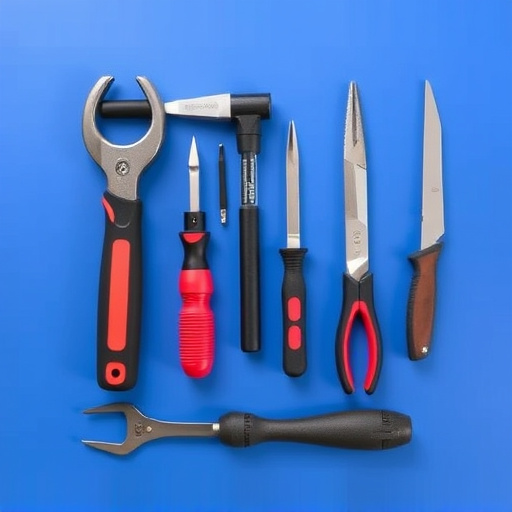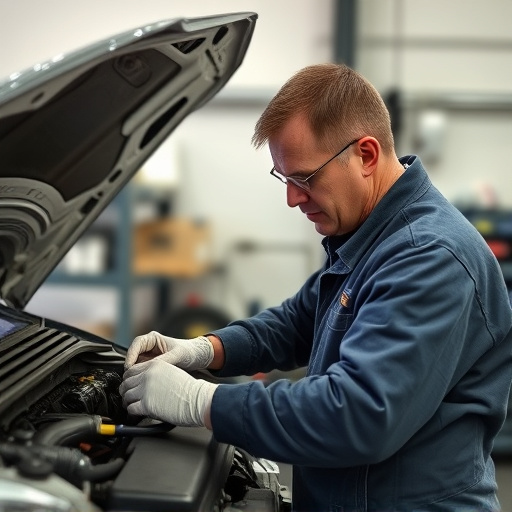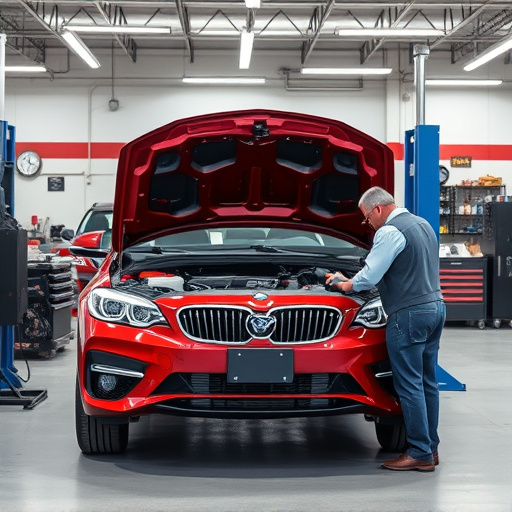Urban collision centers excel in towing logistics due to strategic locations and advanced communication systems, enabling swift response times for urgent cases. Rural areas face distinct obstacles like narrow roads and sparsity of collision centers, leading to longer wait times and potential damage. Rural centers offer competitive pricing and specialized services, while urban options are more expensive but diverse.
In today’s fast-paced world, efficient towing to collision centers is paramount, whether in urban or rural locations. Urban areas present unique challenges with dense traffic and limited space, demanding intricate logistics for quick and safe vehicle transport. Conversely, rural settings offer open roads but face distinct obstacles like remote access and limited collision center availability. This article delves into the intricacies of urban versus rural towing logistics, cost structures, and services to help drivers make informed decisions in diverse landscapes.
- Urban Collision Centers: Efficient Towing Logistics
- Rural Challenges: Unique Considerations for Towing
- Comparing Costs and Services: City vs. Country
Urban Collision Centers: Efficient Towing Logistics
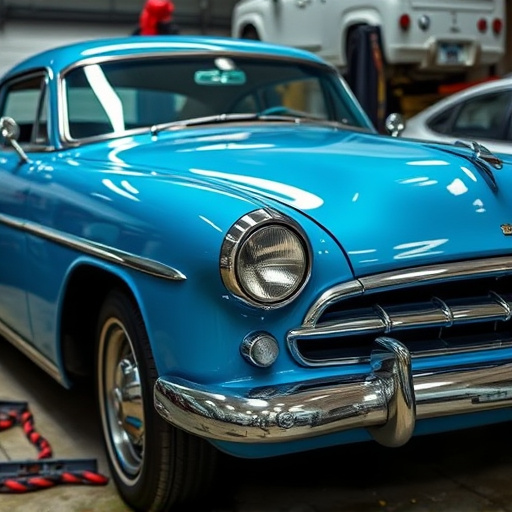
Urban collision centers are well-equipped to handle efficient towing logistics due to their centralized locations and robust infrastructure. These facilities often benefit from strategic positioning near major transportation hubs, allowing for swift response times when a vehicle requires towing after an accident. Advanced communication systems enable collision center staff to coordinate with tow truck operators, ensuring that assistance arrives promptly. Moreover, urban centers typically have a higher density of vehicles on the roads, leading to more frequent calls for towing to collision centers, thereby further refining their logistics and service delivery processes.
Efficient logistics translate into streamlined operations for both the collision center and the vehicle owner. In cases of hail damage repair or classic car restoration, timely towing ensures that vehicles are swiftly assessed and repairs can commence without delay. This is particularly crucial for urban dwellers who may rely on their vehicles for daily commutes, minimizing disruption to their routines. Efficient towing services contribute to a smoother recovery process, ensuring that cars are restored to their pre-accident condition, whether it’s a simple fix or a comprehensive car restoration job.
Rural Challenges: Unique Considerations for Towing

In rural locations, towing to a collision center presents unique challenges that differ from urban settings. One of the primary considerations is accessibility. Roads in rural areas might be narrower, less maintained, or even unpaved, making it difficult for large tow trucks to navigate safely and efficiently. This can lead to longer response times and potential damage to both the vehicle being towed and the towing equipment itself. Additionally, rural collision centers are often fewer and farther between, which can result in longer waits for diagnostic services and repairs.
Another challenge is the lack of immediate resources for dent repair, automotive repair, or hail damage repair. In urban areas, these services are usually readily available at nearby body shops or dealership service centers. Rural communities may not have such amenities, requiring vehicles to be towed to the nearest major city, increasing both time and cost for customers. These factors underscore the importance of efficient towing logistics in rural regions to ensure prompt and effective collision center services.
Comparing Costs and Services: City vs. Country

When comparing towing to a collision center between urban and rural locations, cost is a significant factor. In cities, labor and overhead expenses are generally higher due to the dense population and limited space for repair facilities. As a result, towing fees in urban areas might be more expensive, reflecting these increased operational costs. Conversely, in rural settings, competition among repair shops tends to drive down prices, making towing services more affordable for vehicle owners.
Moreover, rural collision repair centers often offer specialized fleet repair services tailored to the unique needs of agricultural or transportation businesses. These services can include bulk discounts and flexible scheduling, which might not be as readily available in urban areas where competition is fiercer. However, city dwellers may have access to a wider array of collision repair options, with specialized shops catering to specific vehicle types or making use of advanced repair techniques.
When considering towing to a collision center, urban and rural locations present distinct challenges. Urban areas offer efficient logistics with well-established networks, while rural settings demand innovative solutions due to limited resources. Despite differences in cost and service offerings, both environments prioritize safe and timely transportation for damaged vehicles. Understanding these nuances ensures effective decision-making, ultimately facilitating smoother processes for all parties involved in towing to collision centers.
